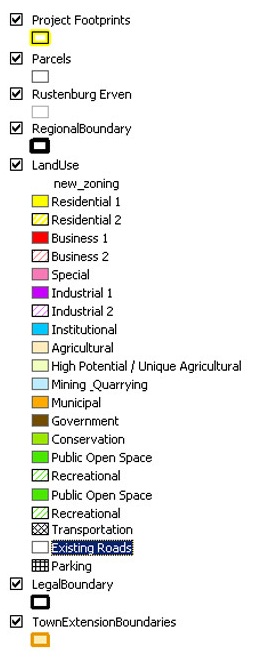|
|||||||||||||||||||||||
|
|
|||||||||||||||||||||||
|
2025/31/10
School Feeding Scheme
Kgosi Leruo Molotlegi?s vision boldly challenges the Royal Bafokeng Nation to reduce their dependency on diminishing mineral assets and to become a self-sufficient and self-sustainable community by year 2020. Vision 2020 has several focus areas: these include investment diversification, economic development, education planning, Infrastructure development master plan, health and social planning as well as a crime free environment. The RBI feeding scheme was conceived as an important vehicle to contribute towards achieving Vision 2020. The project is on its way to ensure that an exemplary school feeding programme is designed and implemented and that no child from the Royal Bafokeng Nation ever goes to school hungry. The RBI school feeding programme is more than your normal school feeding programme; it is underpinned by a holistic approach that aims to effectively improve learning in schools through the achievement of the following primary objectives: ? Filling learners stomachs and providing them with sufficient energy to enhance concentration and alertness in class ? Improve punctuality ? Keep learners healthy and thus improve attendance/ lower absenteeism ? Teach learners healthy eating habits and promote healthy lifestyles ? Educate school communities about nutrition and lifestyle/health choices In addition to these primary objectives whose major aim is to improve learning in schools, we are also pursuing other value adding initiatives that we call secondary and tertiary objectives. Through this set of objectives, we aim to use the feeding scheme as a vehicle to empower the Royal Bafokeng Nation (RBN). Examples include creating an environment conducive to the emergence of local suppliers, boosting the local agriculture sector, promoting women empowerment, providing skills development and capacitating the RBN through various economic stimulus programmes required for the overall roll-out effort. The RBI feeding scheme aims to feed all the approximately 25 000 learners who are enrolled in the 55 Royal Bafokeng and adopted schools. The South African Government is currently feeding at some of these schools through their Department of Education?s National School Nutrition Programme (NSNP).Our aim however is not to duplicate what the Government is already doing, but to introduce the feeding program at those schools that currently don?t have feeding in place and to support and improve delivery at the schools where feeding is happening. Our mandate is to feed all schools within the Bafokeng Nation without discriminating against any learner. The feeding program aims to provide nutritious meals to all learners so as to achieve our primary objective of improving learning in schools by having no child go to school hungry and to meet our secondary and tertiary objectives. In order to ensure the realization of the nutritional aspect of the feeding program, we designed meals that will ensure that each learner receives at least 50% of the energy and 100% of the vitamins and minerals required daily. We provide our learners with two meals every school going day: ? A fortified porridge chosen because of its rich nutritional content to be served for breakfast ? Lunch that comprises of starch, protein, a vegetable as well as a fruit at appropriate quantities for each age group at the schools.
Milestones
Issues
Risks
Schedule
Milestones Calendar
Start Date: - End Date:
Tags:
|
|||||||||||||||||||||||||||||||||||||||||||||||||||||||||||||










